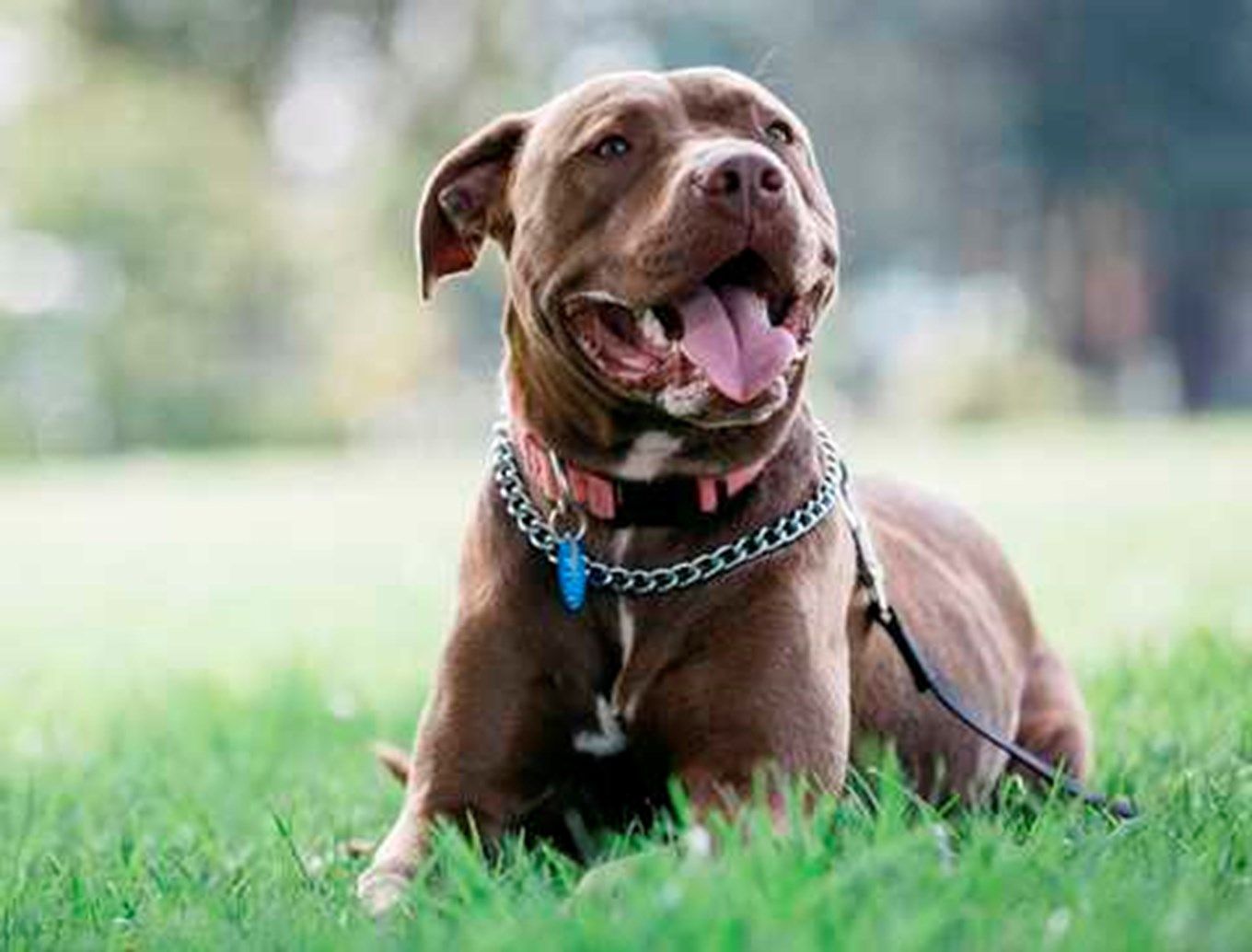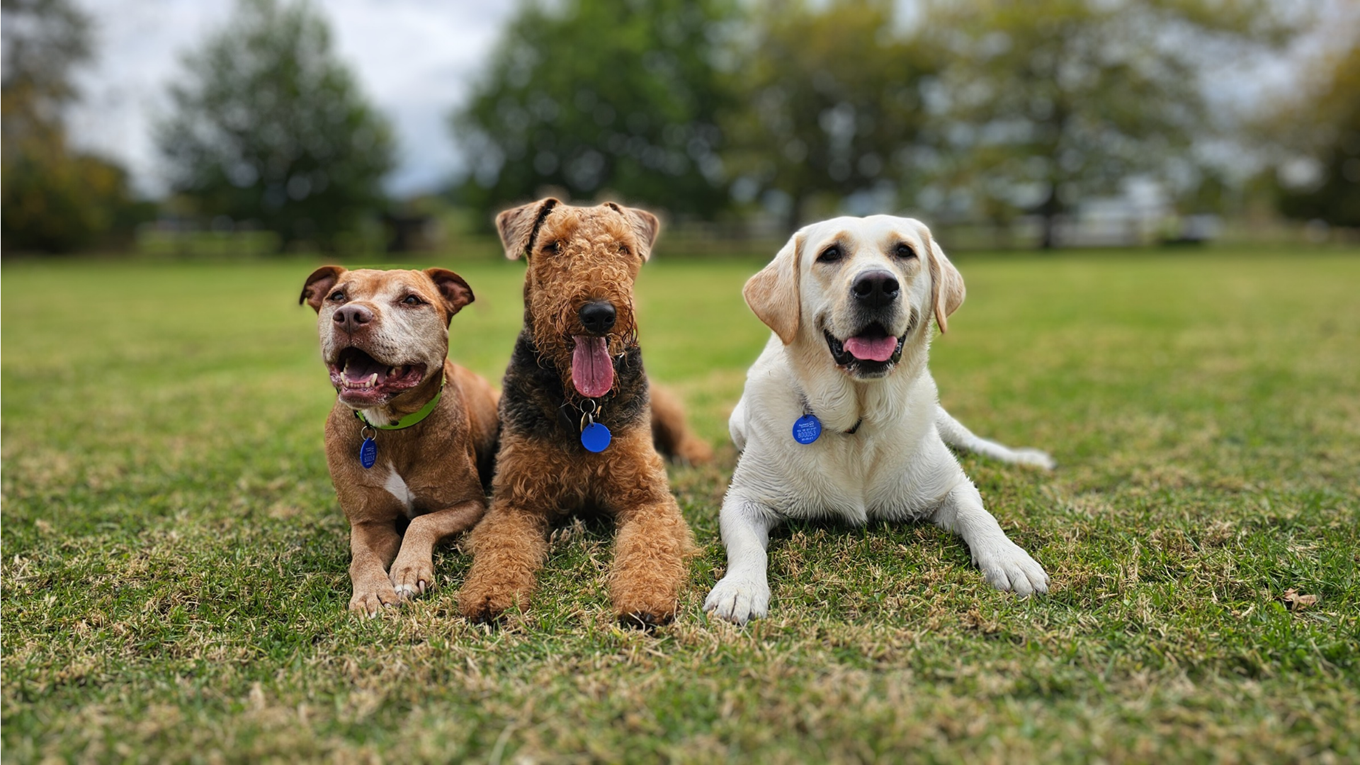

Councillor Daniel Newman backs dog desexing push in South Auckland.
Photo/LDR
Auckland councillor backs free desexing amid roaming dog crisis
Daniel Newman says stray dogs have made some streets unsafe, backing a new desexing pilot as the first step towards a long-term fix.



From lecture halls to leadership: Study finds that PhDs boost future of Māori and Pasifika





From lecture halls to leadership: Study finds that PhDs boost future of Māori and Pasifika


South Auckland Councillor Daniel Newman says he no longer feels safe walking on some streets in his ward due to the escalating problem with roaming dogs.
Newman made the comment on Wednesday, as Auckland Council and the SPCA launched a new dog desexing pilot aimed at reducing the number of stray dogs and easing pressure on animal services.
He said he welcomed a new pilot desexing programme as a much-needed intervention and a step toward a permanent solution to Auckland’s roaming dog crisis.
Newman's Manurewa-Papakura Ward has the region’s highest number of roaming dog complaints and is home to the Manukau Animal Shelter, which now has the city's highest kill rate.
“Roaming dogs and dog attacks on both pedestrians and other animals have become so frequent in parts of my ward that we will have to intervene in the coming years to try and control the dog population by the thousands,” Newman says.
“Candidly, there are streets in my ward where I no longer feel safe walking due to roaming dogs.”
The pilot programme aims to desex at least 445 dogs by offering redeemable vouchers for free desexing, microchipping, and vaccinations at 17 participating clinics.
It targets 10 suburbs with the highest roaming dog complaints: Manurewa, Papakura, Ōtara, Papatoetoe, Māngere, Māngere East, Henderson, Massey, Pukekohe, and Mount Wellington.
Newman is concerned about the incoming changes to the Residential Tenancies Act, which could allow landlords to decline pet requests based on factors like the animal’s behaviour or whether the property is suitable for keeping a dog.
While the law changes are balanced and reasonable, Kāinga Ora will likely need to refuse some existing tenants' requests to keep their dogs, he says.
“In some cases, I expect tenants in my ward will simply abandon their dogs, thus increasing the risk of feral dogs breeding in communities that are already significantly adversely affected.”
Newman says Auckland Council has deployed more Animal Management officers, and the number of dogs entering shelters continues to grow.
“De-sexing will need to become a permanent part of our response to the growing dog population affecting communities in South Auckland,” he says.

Auckland Council and SPCA team up to tackle roaming dogs through new desexing pilot programme. Photo/Auckland Council.
Between January and 22 May this year, Auckland Council received 6,167 reports of roaming dogs and impounded 2,460.
In 2024 alone, more than 3,000 attacks on people and animals were reported.
The city’s shelters have now been over capacity for more than a year, and in the 2022/2023 period, the euthanasia rate reached 48 per cent, the first time since 2014, more dogs were put down than reclaimed.
Regulatory and Safety Committee Chair Councillor Josephine Bartley says the Council recognises some dog owners struggle to afford desexing costs, and she encourages them to take up the offer.

Between January and 22 May 2025, 6167 roaming dog reports and 2460 impounds were recorded by Auckland Council. Photo/File
“Dogs that haven’t been desexed are having litters that grow into unwanted dogs, left to roam the streets in packs, causing injury and harm in the community.”
Bartley says providing desexing vouchers helps prevent the roaming dog population from growing, particularly in areas experiencing the most serious issues.
SPCA animal services general manager Corey Regnerus-Kell agrees that the pilot is an urgently needed community-focused solution.
"This campaign isn’t just about animal welfare; it’s about keeping people safe,” Regnerus-Kell says.

Over 3000 attacks on people and animals were reported in 2024. Photo/Auckland Council
“Our new voucher system is personal, local, and fast, getting help to where it’s urgently needed.”
Animal Management Manager Elly Waitoa says the pilot is critical in addressing a growing crisis.
“We’re seeing far too many Auckland dog owners failing to desex or even register their dogs,” Waitoa says.
“The result is more roaming dogs, attacks, and pressure on already stretched animal services. This is a pressing community safety issue and an animal welfare issue.”
The Council’s Animal Management team will issue vouchers directly to dog owners using a new mobile-based SPCA Outreach Portal.
Newman is working with Animal Management and plans to support operating funding for in-house dog desexing services through the Council’s upcoming budget process.
The Council says regular progress reporting will help track the pilot’s success and determine whether to expand it to more suburbs.
LDR is local body journalism co-funded by RNZ and NZ On Air.
